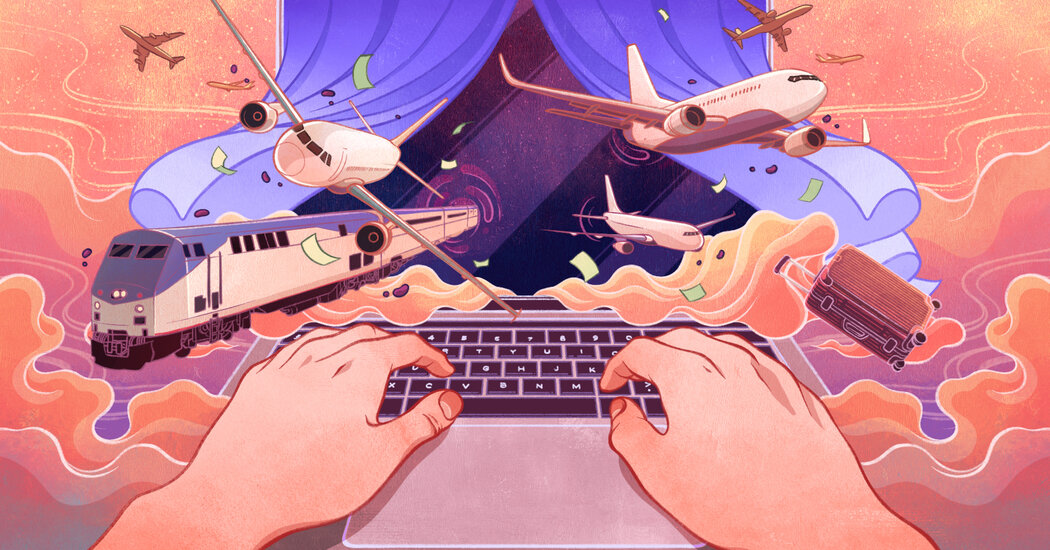
But this runs against airline practices. Southwest Airlines, for example, forbids other sites from automatically monitoring its schedules and fares and publishing them or selling them on third-party websites. That’s the reason you won’t see Southwest flights on consumer search engines like Kayak or online travel agencies like Expedia and Orbitz.
“Southwest Airlines has a unique and customer-friendly business model which includes making our fares available to the general public only on Southwest.com,” wrote Laura Swift, a spokeswoman for Southwest, in a request for comment. “This longstanding, direct-to-consumer business model is key to maintaining our 50-year tradition of transparency, low-fares and world-class customer service.”
To find the best fares, travelers often have to visit several websites, and results online may vary from site to site. The lack of a central site for comparison shopping makes it harder for fliers to find the best price.
“If all the gas stations stopped putting prices on signs outside, you’d have to go inside each one and ask the rate and whether that’s the discounted rate for cash or requires a carwash, and do the same at the next gas station,” Mr. Ebenhoch said. “In the age of the internet and information transparency, the airlines think they can stop the tide.”
Will fees and refunds be addressed?
Fees and refunds are the areas addressed most concretely by the order.
In the case of fees, the order says they must be clearly explained before a consumer buys a ticket. In many cases, airlines are already doing so. In the case of low-cost carriers like Spirit Airlines, stepping you through the fee structure is how they drum up sales, using an à la carte system for seats, carry-ons, checked bags and extras like flight flexibility, shorter security lines and early boarding on entry-level fares that add up as you are booking online.
The order also calls for refunds for undelivered services that a flier has paid for, like Wi-Fi, a premium seat or checked baggage. Under this provision, if your bag is lost, you could get your checked-luggage fee back as well as claim other lost-bag rights already stipulated by the D.O.T., up to a maximum of $3,800 on domestic flights.
Fliers say in the case of malfunctioning Wi-Fi, airlines are already giving refunds. Daniel Rodriguez, a software engineer in Chicago, flies frequently and shared a copy of a United email receipt for Wi-Fi directing passengers to the airline’s refund request page in the event of “technical difficulty or system outage.” Using it, the $4.99 fee he had paid for an hour of service was refunded.



